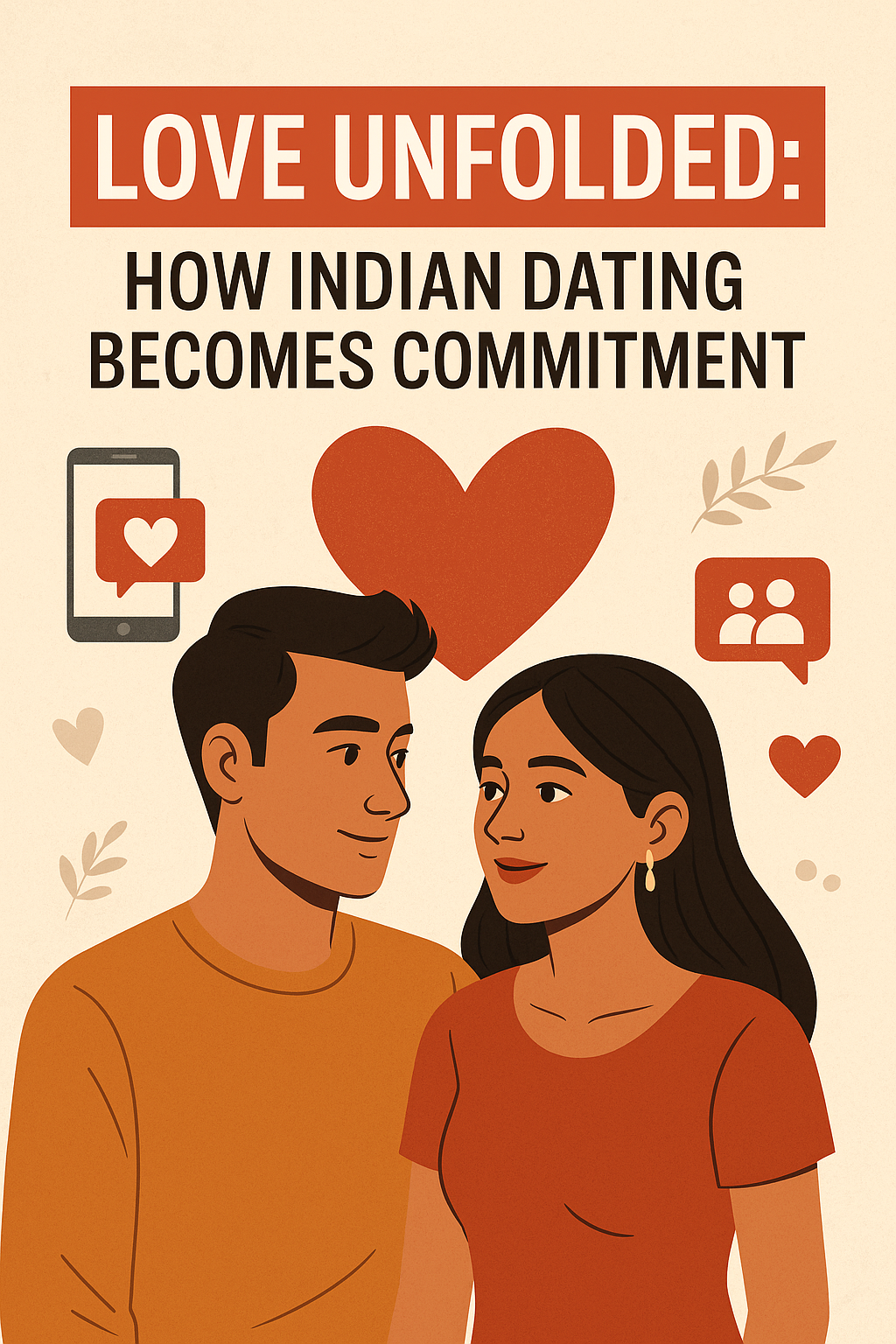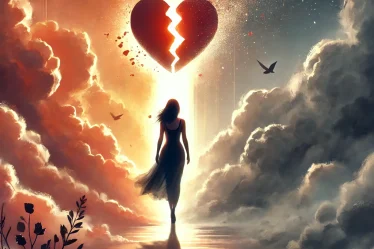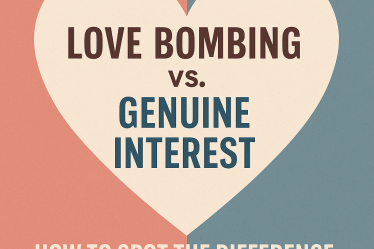
The Changing Landscape of Indian Romance
Love in India is evolving. Once dominated by arranged marriages and rigid social expectations, the modern Indian dating scene now pulses with choice, autonomy, and technology. From metro cities to smaller towns, young Indians are redefining relationships on their own terms. This article explores how dating in India progresses—from casual chats to serious commitment—while navigating a complex mix of tradition, emotion, and modern values.
The Rise of Dating Culture in India
Dating in India is no longer taboo. Over the past decade, popular dating apps have reshaped how people meet. A 2023 report by Statista revealed that India had over 30 million online dating users, with a projected annual growth rate of 6%. These platforms offer space for casual flings, meaningful conversations, and even long-term partnerships.
Urban youth are especially embracing dating culture, viewing relationships as a means to explore compatibility and emotional connection before considering marriage.
Traditional Roots vs. Modern Desires
Despite modern tools, Indian dating is still deeply influenced by cultural norms. Many daters feel the tension between personal choice and family expectations—around religion, caste, and even horoscopes.
For some, dating means secrecy or double lives. For others, it’s about bridging values: respecting tradition while asserting independence. It’s not uncommon for couples to date for years before involving their families, carefully timing the transition to avoid judgment or rejection.
From Chat to Connection: Early Stages of Indian Dating
Most modern Indian relationships begin with a chat—often on apps or social media. Initial conversations are filled with curiosity, cautious optimism, and emotional vulnerability. People tend to reveal bits of their life slowly, gauging mutual interests, humor, and values.
Early dating behaviors include:
- Texting daily but avoiding labels
- Keeping the relationship private
- Sharing memes, playlists, and late-night thoughts
- Exploring compatibility without commitment
This phase can last weeks or months, and while casual, it’s foundational to deeper emotional bonds.
Defining the Relationship (DTR) in the Indian Context
Unlike the West, where DTR talks might be direct, Indian couples often define relationships subtly. It might begin with introducing a partner to close friends, planning trips together, or dropping hints about future plans.
Seriousness is often marked by emotional investments like:
- Exclusive dating
- Discussing long-term goals
- Sharing family expectations
- Using terms like “partner” or “life partner”
A study by Shaadi.com found that 68% of Indian youth consider emotional compatibility more important than family background—highlighting a shift in priorities.
Navigating Commitment: When Dating Becomes Serious
Commitment in Indian relationships often emerges from consistent effort, trust, and alignment of life goals. However, it also involves real-life obstacles: disapproving parents, career decisions, or relocation for work.
Key emotional transitions:
- Moving from fun to responsibility
- Managing jealousy or insecurity
- Discussing finances and future living situations
- Resolving conflicts through communication
Couples who navigate these stages successfully often find themselves naturally transitioning into long-term, even marital, commitment.
The Role of Family and Community in Relationship Progression
Family still holds immense influence in how Indian relationships progress. In many cases, a relationship can only move forward if the family gives their blessing.
Common cultural checkpoints:
- Introducing the partner at a family function
- Conversations with parents about marriage
- Aligning horoscopes or community expectations
- Navigating caste, religion, and socioeconomic differences
Sometimes, modern couples must make hard choices: fight for love or walk away under pressure. Still, the trend is shifting—parents are increasingly open to love matches, especially in cities.
When It Doesn’t Work Out: Breakups in Indian Dating Culture
Breakups, once shrouded in stigma, are becoming more normalized—though not without emotional weight. For many, ending a serious relationship is difficult not just personally, but socially. Fear of gossip, family disappointment, or emotional burnout can delay decisions.
But support systems are growing. Therapy, relationship counseling, and digital communities now offer healing spaces. Indian society is slowly learning that failed relationships aren’t shameful—they’re part of emotional growth.
The Future of Love and Commitment in India
India’s love story is far from static. Gen Z and Millennials are rewriting the rules with openness, ambition, and self-awareness. Trends point to:
- Increased acceptance of live-in relationships
- Interfaith and intercaste dating
- Prioritization of mental health and emotional literacy
As global ideas mix with local traditions, Indian love is becoming more inclusive, expressive, and self-defined.
Conclusion: A New Narrative of Indian Love
Indian dating isn’t just about finding a spouse anymore—it’s about discovering connection, learning boundaries, and growing emotionally. From the first message to lifelong commitment, today’s love stories are layered, honest, and unapologetically real.
Whether you’re navigating love yourself or simply observing the change, one thing is clear: Indian relationships are no longer just arranged—they’re chosen, cultivated, and deeply felt.



